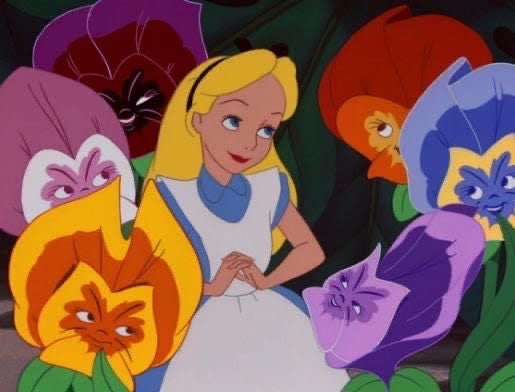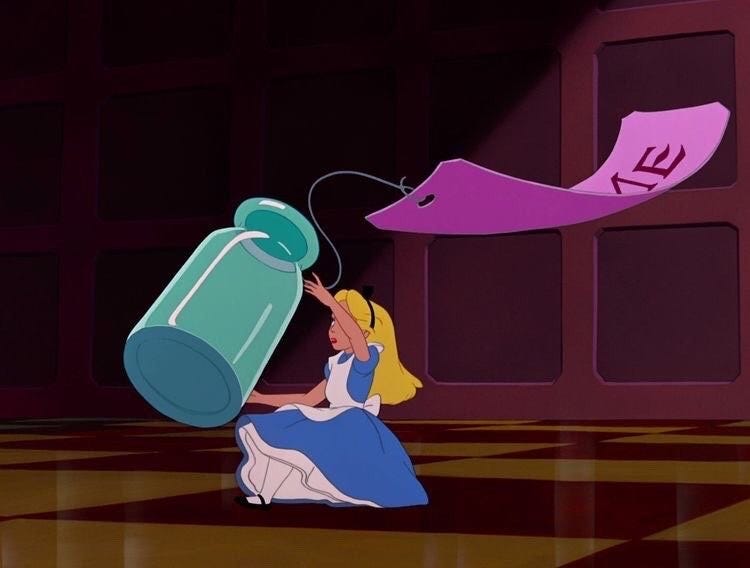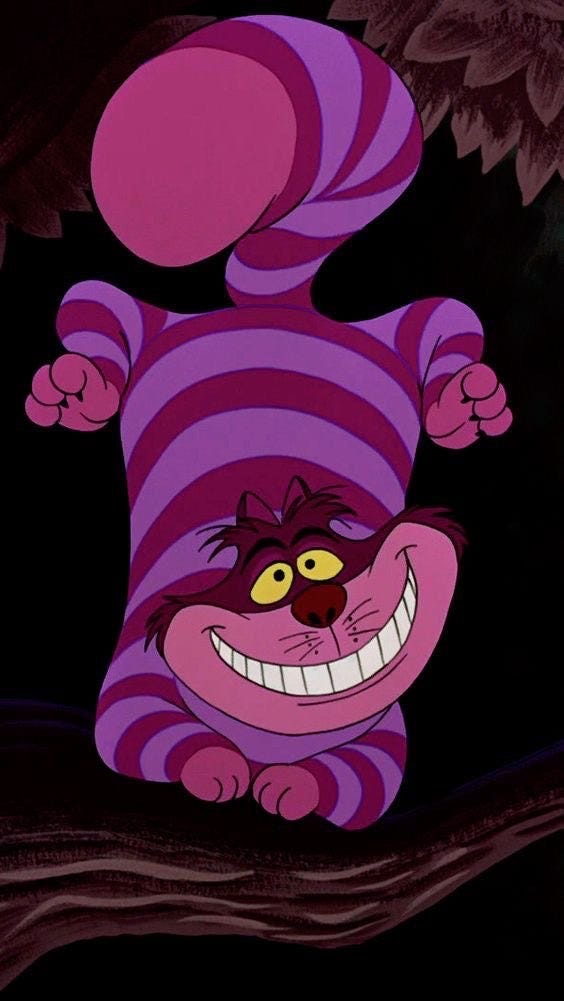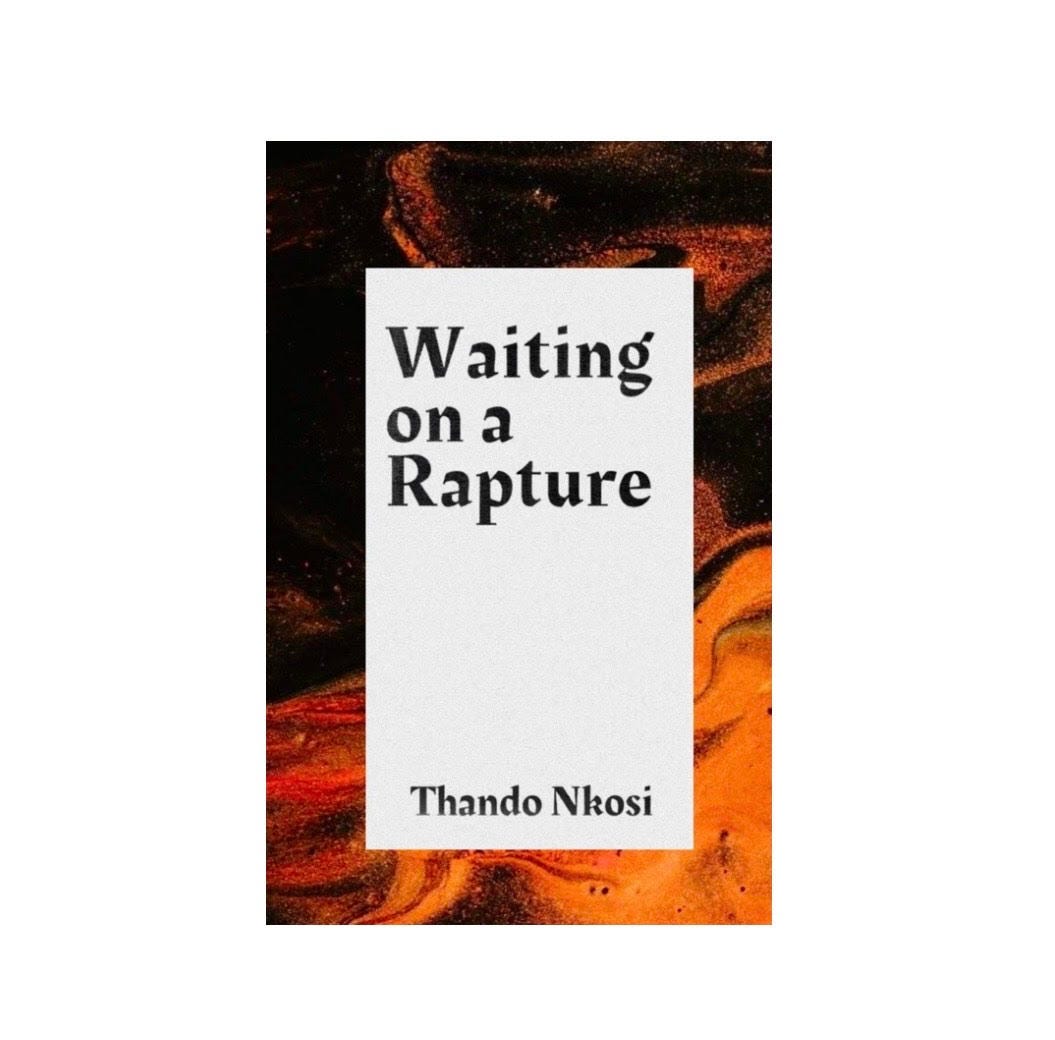hello, sunshine. it’s been so long, i’m glad to be back. all is well, i come bearing great news about my poetry collection. please look to the end of this essay, for crucial information about my book’s launch date, preorder announcements, gritty details and a special sneak peek at the covers.
on an unrelated note, i have a few recommendations for you. Alfa Mist and Amika Quartet released a jazz album and Deus Ex is just masterful. i’ve been reading Dubliners by James Joyce, (with a special mention to Eveline and Counterparts, two of the stories in this fifteen-story anthology).
alright, let me sit in the corner and think. i love you. <3
Alice in Wonderland (1951) is a film that continues to stand the test of time. based on Lewis Carroll’s most beloved children’s novel, the film adaption exceeded a mammoth task: holding the essence of absurdity and playfulness Carroll outlined in Alice’s Adventures in Wonderland (1865). since its conception, Alice and her fantastical world have seen themselves in the form of musicals, theatre performances and notably, a strange live-action film, directed by Tim ‘people of colour don’t fit my aesthetic’ Burton. without question, this is a timeless classic; one that has informed me creatively, challenged my rigidity and belted a philosophy of play into the world.
set in a lush pastoral landscape, deep in the Victorian countryside, we meet Alice (voiced by Kathryn Beaumont) and her older sister Margaret under a tree. while Margaret reads, Alice’s curiosity soon leads her to a whimsical, anthropomorphic world, after she follows an anxious White Rabbit down a wicked hole. tumbled into Wonderland, Alice encounters a cast of eccentric characters, from a know-it-all caterpillar to a tyrannical Queen of Hearts. this surrealist realm gives her a taste of the inner world she fantasises about living in, whilst challenging her perceptions of reality in its dreamlike landscape, where rules of logic no longer apply. the beauty of this narrative lies in its abstract sense of knowledge. if there is anything to be understood, it’s all buried in the subtext of nonsense, Dadaism and a quench for absurd dialogue and bright colours. Alice in Wonderland is a lovely exploration of a girl with the opportunity to indulge in the uncanny, for virtually no discernable reason at all.
let’s touch on dialogue. language plays a crucial role in this film. early on, we hear Alice declare that she wants to live in a world where animals can speak and books are filled with pictures, not words. some might say she called Wonderland into being with that wish. what struck me, though, was how frustrated she became when this world she’d seemingly imagined took on a life of its own, moving beyond her control. this was clear in how the characters spoke to her. take the doorknob, for example. when Alice tried to open a door deeper into Wonderland, the talking doorknob told her she needed a key to unlock him. after she climbed the table and grabbed the key, he ‘forgot’ to mention she wouldn’t fit until she shrank herself down. and to make matters worse, the very drink that would help her shrink, was still on the table. this seemingly small, frustrating omission perfectly introduces the nature of this unpredictable, absurd world.
we see this motif of omission and ambiguity in dialogue, a few times in the film. most notably, from the Mad Hatter, the Chesire Cat and Absolem, the wise blue caterpillar. speaking of, Absolem’s scenes with Alice were particularly important in the progression of the storyline. both Alice and us as the audience, got the impression that we’d learn something; some valuable piece of information that would help her find the White Rabbit and leave Wonderland. the reality we were met with was far different. Absolem refused to explain anything to the confused girl. he would grow irritated with her questions and deem her rather immature and lacking. of what? we cannot be sure. but there it stands, the illusion of authority and omission as a tool for self-discovery. he was not meant to be an intellectual mentor, we only perceived him to be that because of his aged appearance and snarky demeanour.
his cryptic responses were just that—cryptic. there wasn’t some hidden intelligence or grand philosophical truth in what he said. the assumption of wisdom was arbitrary. this served as a refreshing reminder that, in our search for answers from others, we often end up meeting ourselves. sometimes, the answer isn’t what we’re truly seeking. Absolem’s refusal to explain things wasn’t part of some godlike plan, but his omission created a wall Alice had to confront. and that wall, in turn, pushed her toward self-discovery. she was forced to trust herself; her sense of direction, her instincts, and the unpredictable roads of Wonderland. it’s safe to say that this motif was one of my favourites in the story.
another motif that i found rather insightful was the relativity of time, though persistent in its own way. this becomes clear the moment we hear the White Rabbit's famous line, ‘i’m late, i’m late, for a very important date!’ as he carries his oversized pocket watch. the watch, in many ways, personifies this theme. it highlights how time in Wonderland isn’t quite linear—it's not like the world Alice came from—but in the rabbit's urgency, the concept of ‘moving forward’ is still very real. i find the metaphor of his urgency less about being late and more about the fear of never getting there at all. his constant running around, though funny and erratic, speaks to the importance of movement. it was movement that pulled Alice from idle daydreams into a world of experience. and yes, i do consider them real, because, within that timeline, they happened.
though Alice does ‘wake up’ at the end, in the spirit of surrealism, who’s to say what was real and what wasn’t? like time, it’s all relative and there's a lot of fun in that uncertainty. to drive this point home, the Mad Hatter’s attempt to fix the White Rabbit’s broken watch leads to a hilarious sequence where he makes it damn near irreparable, shattering it completely and spilling tea all over the cogs. while meant to evoke laughter, this moment also reinforces the idea that time is a silly, insignificant concept in a world of unbelievable realities. in Wonderland, time becomes almost meaningless, in the best way possible.
now, onto arguably one of the best parts of this film, the score. Bob Hilliard, Sammy Fain, Oliver Wallace, and Ted Sears were just some of the brilliant minds behind the original songs. i have to admit, there’s a sleeper hit in this movie that i’ve been holding onto: All in the Golden Afternoon, sung by the Flowers, Alice, and ‘orchestrated’ by the Red Rose. there isn’t much i want to say, except that the creative choice to let Kathryn Beaumont sing as she did (with an untrained, distinctly imprecise tune) was brilliant. when her voice cracked at the highest note, it made her solo even better; it felt real, sincere, and exactly how we, as the audience, would sing it. don’t get me wrong, her voice was stunning in its own understated way and she is in her own right, a lovely voice actor, but it was also raw. there was this childish (complimentary) innocence in her performance and in that of many of the other characters, which will always make this film so precious and warm.
i could harp on about Alice in Wonderland for hours, but to spare you the rampage, i’ll focus on why this film has influenced my desire to animate and my love for animation more broadly. from the dialogue to emulating the essence of John Tenniel’s original character sketches, the attention to detail was unparalleled for its time. it was self-aware in the most undeniable way, yet received a slew of negative reviews upon its initial release. it quite literally floated in the ethers for 20 years until its re-release in 1974, when it finally found massive success at the box office and in the homes of millions. i’m not usually a numbers person, and this isn’t about quantitative success, but about allowing creative projects the space to exist and breathe for a good, long while. i tend to doubt whether my work will ever reach a wide audience, but then i remember i’d rather have it received intimately by people who care to understand and critique my stylistic choices, instead of deeming it ‘unsuccessful’ on some murky scale.
this makes me reflect on my creativity as something objectively nonsensical…and i like that. the idea of being so in tune with my mind’s world that the characters i create, their speech, their clothing, their actions—all come from a place of thought and deep-rooted silliness. a little randomness isn’t bothersome at all, and i refuse to submit to the idea of ‘cringe’ in this context. as stmichaelthearchangel once said on Tumblr: ‘it’s not even cringe; it’s just personal and unpolished, and you’ve been taught to flinch away from vulnerability which doesn’t mock itself.’ exactly that. this film reminds me that by creating, i’m choosing to embrace my vulnerability without shame. and that has everything to do with art, with my desire to create animated worlds and characters that mean something. it applies to my novels, and really, any project i might commit to in the future.
i, quite frankly, can’t wait for my own 1974 moment, when the things i release now in my youth are re-evaluated by older and younger eyes. i can’t wait to see how people, or more importantly, how i perceive and digest them. with that, my friends, i bid you adieu. if you can, go watch Alice in Wonderland (1951). but also, read the book!
yours,
Thando. x
NB!!! my poetry collection, Waiting on a Rapture is being released on November 1st.
these are the details about where and how to find it:
on Gumroad, WOAR will be available as an ebook. howevever, 50 limited edition paperbacks will be sold here too. these editions will be signed by me, with a personal note attached and handcrafted packaging.
on Amazon and Kindle, it will be available as both an ebook and paperback, although this paperback has a different cover from the limited. the ebooks are currently available for preorder through this route.
this is my linktree, where you will find a list of links. it contains my socials and the two links to both sites. Gumroad’s will appear as though the book is unavailable to buy, please remember that it will only be available on November 1st. you can still keep the tab open for the next seven days if you’d like to.
the paperback and ebook are not available on Amazon. co.za (South Africans), but it is on any other url and internationally.
the covers:
given that i am in South Africa and within a complex financial demographic, i can’t quite afford to get a larger amount of paperbacks done with any other company besides Amazon at the moment. so, it was an intentional choice to have the ebooks and limited copies available on Gumroad and not to use Amazon Select, which would have me keep the book only on that website.
i also needed to account for the fact that many of my readers are in the US, South Africa, India and the UK. i will be handing a few copies to my local libraries and i encourage and give you full permission to lend, annotate and gift your bought copies to people you think would love them. this was the best i could do right now, please forgive me. i want you to feel comfortable using whichever site works for you, the support is still deeply appreciated and to those boycotting, keep going!











